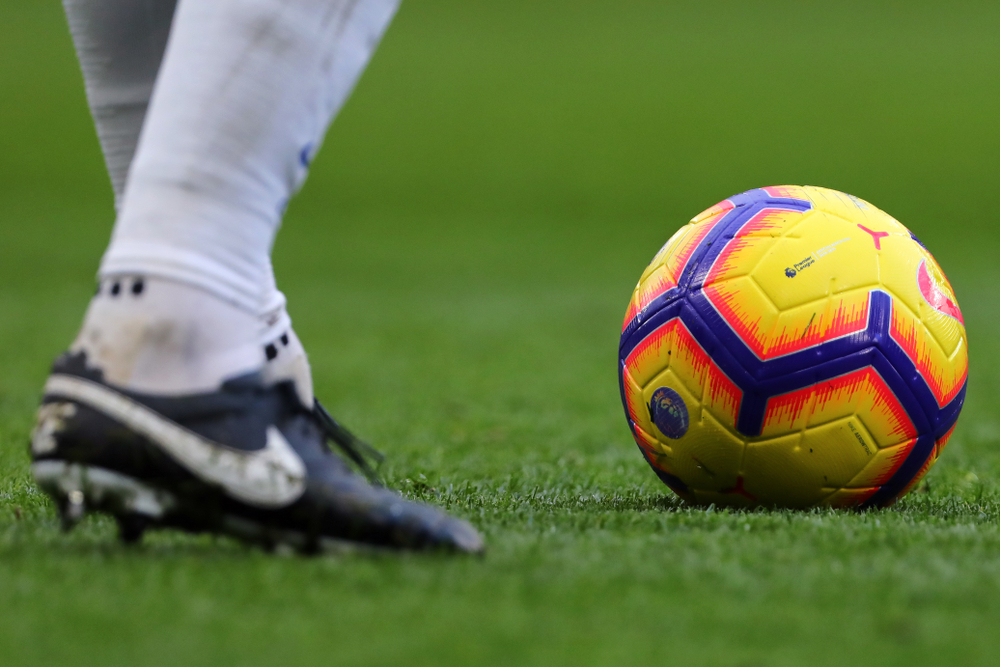The trend which has seen football and tennis dominate as the main sources of suspicious betting alerts continued in 2021, according to the International Betting Integrity Association (IBIA).
Betting alerts for the two sports stood at 80 and 66 respectively, although in the case of tennis, this actually represented an 18% decline on the 98 reported in 2020, indicative of a ‘downward trend’ for this sport, according to the IBIA.
178 tennis alerts were reported in 2018 and 101 the following year, suggesting a long-term decline in tennis integrity issues, with alerts at the International Tennis Federation (ITF) level decreasing by 26% from 50 in 2020 to 37 in 2021.
On the other hand, the number of football cases increased by 8% to 66, with the previous year’s figure standing at 61, the highest number the IBIA has recorded for the sport. Overall, seven alerts came from Brazil – the largest number for soccer in any one single country – whilst African football betting alerts rose from one in 2020 to nine last year.
However, the IBIA also showed that the number of betting alerts recorded in 2021 fell to 239, a 13% decline on the 2020 figure of 270. This is part of a wider trend ‘consistent in recent years’ which has seen the average number of betting alerts annually standing at 240 between 2018 and 2020.
Khalid Ali, CEO of IBIA, said: “Another challenging year for the sector has passed with the spectre of COVID and its impact on sporting events declining, and hopefully a potential endgame in sight. It is therefore welcomed that the alerts for 2021 showed a downward trend and a return to pre-COVID numbers.
“Challenges however persist, notably with the growth of private sports events and establishing integrity protocols to the levels seen in traditional sports bodies. The association is working with a number of stakeholders in this area to improve integrity provisions.”
Geographically, Europe continued to account for the single largest number of integrity alerts at 188 – 50% of all cases originated from the continent – and Russia accounted for the single highest proportion of any other country at 27.
Meanwhile, despite the rollout of the sports betting industry across the region, alerts from North America decreased to 10, a 54% decline on the 22 reported in 2020, and US alerts reduced by 76% from 17 in 2020 to four.
In South America, eight alerts were related to football (Brazil – seven, Colombia – one), seven came to tennis (Brazil – two, Chile – two, Argentina – one, and Bolivia – two), one to beach volleyball (Brazil), and one to futsal (Brazil).
Indeed, the dangers of betting corruption remain, and as the Optimum Betting Market report published last year highlighted, that equates to around $25m per annum in lost revenue for the regulated betting sector globally,” Ali continued.
“It is therefore welcome that the requirement for operators to be part of an integrity monitoring system have gathered pace across the US, and have been endorsed in Sweden, to add to existing requirements in the Netherlands, Germany and the Czech Republic.
“The approach in Ontario is particularly worthy of attention and is a best practice model. The association looks forward to working with a wider range of operators on integrity as a result.”
Summarising 2021, the IBIA’s 239 reported alerts covered 13 sports and 49 different countries, whilst over the five years between 2017 and 2021, 1,222 alerts were reported across 19 sports and 101 nations.
The year saw sporting or criminal penalties announced against 11 teams or players identified by the IBIA as having been involved in suspicious matches, with the organisation and its members contributing to ‘significant sanctions’ being issued, such as lifetime bans.























